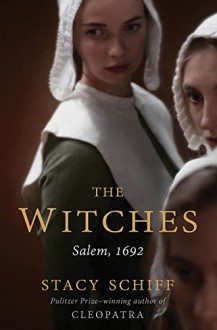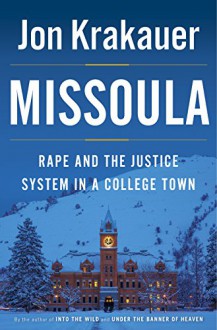
Thanks to Alex, Rosie and the whole team at Pen & Sword for providing me a paperback copy of this book that I freely chose to review.
I was fascinated by this book and by the way it is told. The case itself cannot compare to some of the sophisticated cases we read about in mysteries and thrillers, complex and full of twist and turns. A shopkeeper, widowed, that lived with her dog, and sold a bit of everything, appeared murdered on a Monday morning, next to the body of her dog. There was blood everywhere, she’d evidently been hit on the head, possibly with a weight that was found close to the body, and there was money missing. People had been at her shop on Saturday evening and one of her neighbours had heard some strange noises in the early hours of Sunday, but that was it. This was 1919, and, of course, forensics were not as advanced as they are now, but there was an investigation of sorts, although, surprisingly, in the first instance the local police decided it had been an accident. When the new police chief revised the case, he was not so convinced, and called on Scotland Yard for assistance. They sent Detective Chief P. S. Wensley, who had been involved (although only marginally) in the investigation of the Jack the Ripper murders and would become pretty well-known for the Houndsditch murders and the siege of Sidney Street. Unfortunately, two weeks had passed since the original crime he was sent to investigate, the body had been buried, and the evidence had not been well-looked after, but still… He and his team investigated and put together a case against an Irish immigrant who’d fought the war. And, well, the rest is history (and you’ll have to read it yourselves).
Despite, or perhaps because, of the somewhat ‘simple’ murder, the book is a fascinating read. The author explains his reasons for choosing to tell this story, to recover the case of a fairly anonymous woman, and to do it in this particular way, pointing out that he did not intend to set off on a ‘cold-case’ type of investigation. In his own words:
That is the beautiful thing about history; trying to show exactly what happened using original material and putting it in a contemporary social setting so that the reader can better understand and make sense of it all. I hope that the narrative has not only thrown light on policing in the early part of the century but portrayed it as a piece of history and not as retrospective critique. (Stickler, 2018, p. 145)
In my opinion, he succeeds. Stickler’s method, which consists in looking over the shoulder of the people who were investigating the murder and those who participated in the court case, showing us what they would have seen, and guessing at what they might have thought, while at the same time providing us historical background, so we are able to understand how the police force worked, and what the atmosphere was like in the country shortly after WWI, works very well. As we read the book we can’t help but think about what we would have done, worry about their mistakes, and wonder about the missing details and the conflicting witness statements and evidence. We learn about the social make-up of the town, the relationships between the different communities, the way the police force worked at the time, and we gain a good understanding of the legal issues as well, without having to read long and dry historical treatises. The writer has done a great deal of research and his skill as a writer is evidenced in the way he seamlessly creates an involving narrative that never calls undue attention to it. For the sake of completion, the author includes a commentary at the end, where he provides a postscript, as it were, with information about what happened to the protagonists, and also with his own speculations (that he had kept to himself until then) as to why things happened as they did.
I recommend this book to people who are interested in true crime, especially in Britain, Criminology and Criminal Justice System students, readers who enjoy historical police procedural novels, and also writers of the genre interested in researching the topic (the bibliography and the author notes will be of great help, and there are also pictures from the time provide a fuller understanding of the story). And, as I said, I also recommend checking the author’s blog to anybody interested in the topic.
A great book and a fabulous resource.


 Log in with Facebook
Log in with Facebook 









